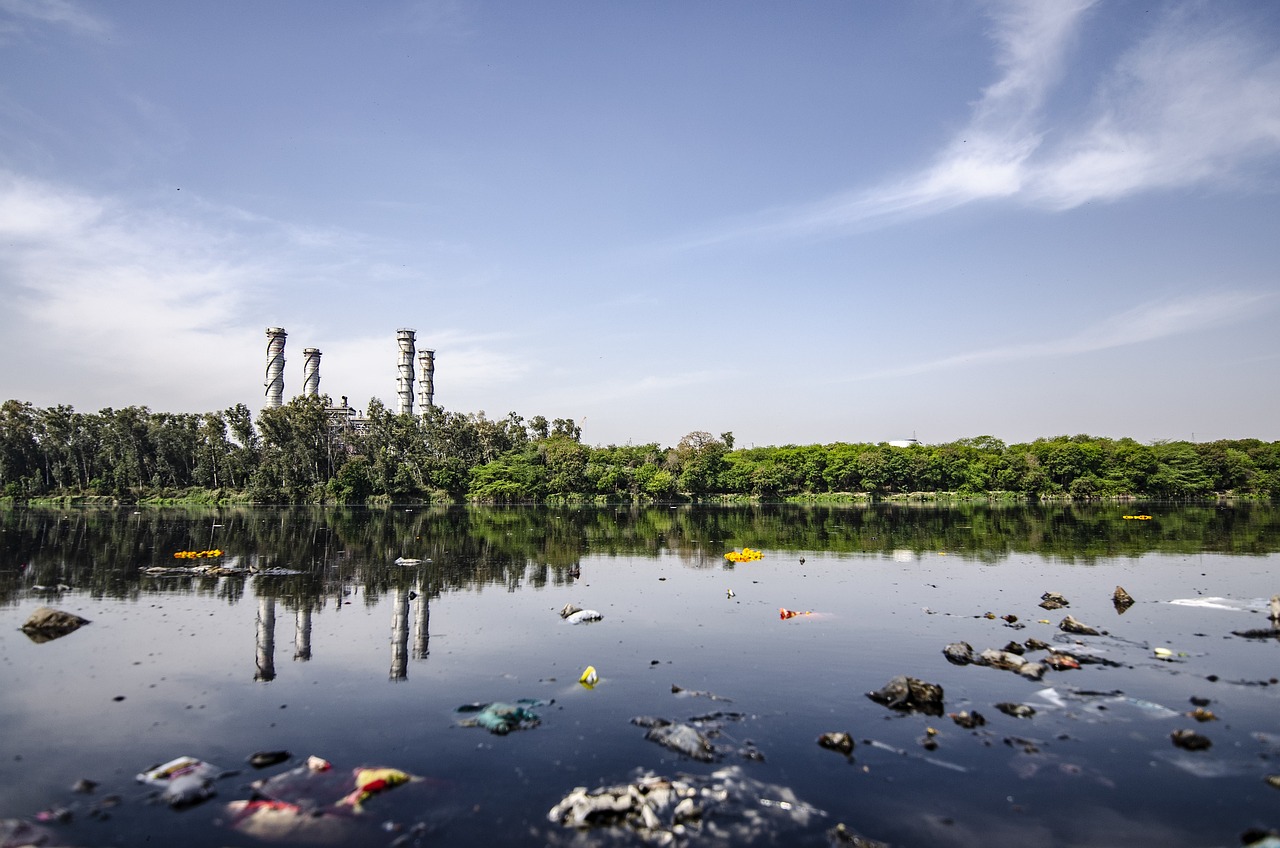Plastic pollution is a major environmental concern, and it is having a significant impact on marine life. The ocean is the largest ecosystem on Earth, and it is essential for the survival of millions of species. However, plastic pollution is causing irreparable harm to the ocean, and it is affecting the delicate balance of the marine ecosystem. In this article, we will explore the impact of plastic pollution on marine life and discuss what we can do to minimize the damage.
Table of Contents
ToggleThe Scale of Plastic Pollution in the Ocean
Plastic pollution is a significant problem that affects marine ecosystems worldwide. Every year, an estimated 8 million metric tons of plastic end up in the ocean. The plastic waste is carried by ocean currents and accumulates in areas called “garbage patches.” The most infamous of these garbage patches is the Great Pacific Garbage Patch, which is located between Hawaii and California and is estimated to be twice the size of Texas.
How Plastic Pollution Affects Marine Life
Plastic pollution has a detrimental impact on marine life, and it affects every level of the food chain. Plastic waste in the ocean is often mistaken for food by marine animals such as turtles, seabirds, and fish. They ingest the plastic, which can cause intestinal blockages, suffocation, and starvation. Moreover, plastic pollution can have toxic effects on marine organisms. Plastic waste contains toxic chemicals such as bisphenol A (BPA) and polystyrene, which can cause cancer and reproductive problems.
The Effect of Plastic Pollution on Coral Reefs
Coral reefs are among the most biodiverse ecosystems on Earth, and they are home to millions of marine species. However, plastic pollution is having a severe impact on coral reefs. Plastic waste can physically damage coral reefs by smothering and crushing them. Additionally, plastic pollution can lead to coral disease outbreaks, which can wipe out entire reef systems. Coral reefs are also sensitive to changes in water quality, and plastic pollution can contribute to nutrient pollution, which can harm coral growth and reproduction.
Plastic Pollution and Marine Mammals
Marine mammals such as whales, dolphins, and seals are also affected by plastic pollution. They can become entangled in plastic debris, which can lead to injury or death. Additionally, they can ingest plastic waste, which can cause digestive problems, malnutrition, and hormonal imbalances. Plastic pollution can also affect the reproductive success of marine mammals by interfering with their hormone systems.
The Economic Impact of Plastic Pollution on the Fishing Industry
Plastic pollution has a significant economic impact on the fishing industry. Fishing nets, ropes, and other plastic debris can damage fishing equipment and boats, which can result in financial losses for fishermen. Additionally, plastic waste in the ocean can reduce fish populations, which can lead to a decline in catches and revenue for the fishing industry.
FAQs
Q1. Can plastic pollution affect human health? A1. Yes, plastic pollution can affect human health. Plastic waste contains toxic chemicals that can enter the food chain and accumulate in seafood, which can be harmful to human health.
Q2. What can individuals do to minimize plastic pollution? A2. Individuals can reduce plastic pollution by reducing their plastic consumption, recycling plastic waste, and properly disposing of plastic waste.
Q3. How long does it take for plastic to degrade in the ocean? A3. Plastic can take hundreds of years to degrade in the ocean, and some types of plastic never fully decompose.
Conclusion
In conclusion, the impact of plastic pollution on marine life is a pressing issue that requires immediate attention from individuals, governments, and organizations worldwide. Plastic waste has devastating effects on marine ecosystems, threatening the survival of countless marine species, and ultimately impacting human health and well-being.
The documentary “A Plastic Ocean” sheds light on the alarming scale of plastic pollution and its devastating impact on marine life. The film highlights the urgent need for immediate action to reduce the use of single-use plastics, improve waste management systems, and increase public awareness of the consequences of plastic pollution.
As individuals, we can make a difference by reducing our plastic consumption, properly disposing of plastic waste, and supporting initiatives and organizations that work towards reducing plastic pollution. We must work together to preserve our oceans’ health and the countless species that call it home, ensuring a sustainable future for generations to come.








2 thoughts on “The Impact of Plastic Pollution on Marine Life”
Pingback: The Importance of BPA-Free Products: Benefits and Risks
Pingback: Protecting Our Oceans: The Importance of Laguna Beach's Ban on Balloons